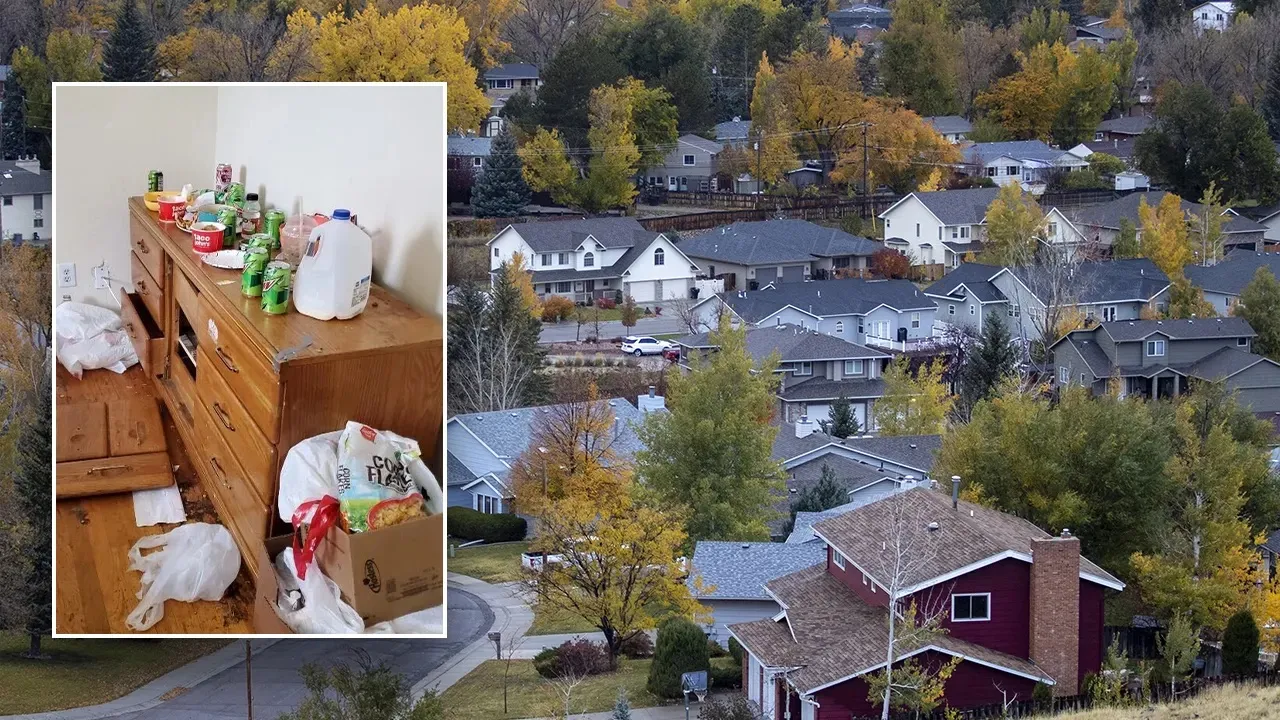
In the United States, adverse possession laws enable individuals, known as squatters, to claim ownership of a property after occupying it without the owner's permission for a certain period. This legal doctrine has led to significant challenges for homeowners in several states, where squatters can gain rights to properties through continuous, unauthorized occupancy.
1. Alaska
In Alaska, squatters can claim ownership of land after residing there for a period, typically 10 years, without the consent of the original owner. Legal protections exist for those who occupy properties, even abandoned ones, creating tension among homeowners. Squatters in Alaska might secure rights if they openly occupy land while improving it, complicating eviction efforts.
2. Arizona
Arizona's legal framework offers notable protections for squatters, known as adverse possession laws. These laws allow individuals to claim ownership of a property after continuous occupancy for ten years, provided they openly possess and improve the land. Homeowners find this frustrating, as eviction can become a lengthy and complicated process.
3. Arkansas
Arkansas law supports squatters through adverse possession regulations, allowing individuals to claim ownership after maintaining continuous occupancy for seven years. During this time, squatters must also make improvements to the property. Homeowners often find themselves overwhelmed as eviction processes can become protracted and complex, particularly when squatters have established residency.
4. California
California features strong protections for squatters through its adverse possession laws. Under these regulations, individuals can claim ownership after five years of continuous occupancy, provided they openly possess the property and pay property taxes. Homeowners often struggle with eviction processes, which can be lengthy due to the legal rights afforded to squatters.
5. Colorado
Colorado empowers squatters through its adverse possession laws, allowing individuals to claim ownership after 18 years of continuous occupancy. This long duration creates frustration among homeowners, who face challenges in reclaiming their properties once squatters establish residency.
6. Georgia
Georgia’s squatters’ rights laws present significant challenges for homeowners. Individuals can claim adverse possession after continuously occupying a property for 20 years, creating a lengthy path to ownership without the original owner’s consent. This extended timeframe leads to frustration among property owners, as evictions can become drawn out and complicated.
7. Illinois
Illinois offers significant protections for squatters, allowing individuals to claim ownership after 20 years of continuous occupancy. Homeowners often find themselves in lengthy legal battles to reclaim their properties, leading to increased frustration and financial strain.
8. Louisiana
Louisiana's adverse possession laws allow squatters to claim ownership after 10 years of continuous occupancy. This period can be extended to 30 years if the squatter has made significant improvements to the property. Homeowners may find it challenging to evict squatters, especially if they have established residency and made improvements.
9. Michigan
Michigan's laws permit squatters to claim ownership after 15 years of continuous occupancy. The process can be lengthy and complex, often leaving homeowners frustrated and financially burdened.
10. Missouri
Missouri allows individuals to claim ownership of a property after 10 years of continuous occupancy. Homeowners may face significant challenges in evicting squatters, especially if they have made improvements to the property.
11. New York
New York's adverse possession laws enable squatters to claim ownership after 10 years of continuous occupancy. The process can be lengthy and complicated, often leading to frustration among homeowners.
12. Ohio
Ohio's laws allow individuals to claim ownership of a property after 21 years of continuous occupancy. Homeowners may find it challenging to reclaim their properties, especially if squatters have established residency and made improvements.
13. Texas
Texas permits squatters to claim ownership after 10 years of continuous occupancy. The process can be lengthy and complex, often leaving homeowners frustrated and financially strained.
These laws have sparked debates about property rights and the balance between protecting homeowners and providing housing solutions. While intended to prevent land abandonment and encourage property use, they have led to significant challenges for homeowners who find themselves unable to reclaim their properties from squatters.
Understanding the specifics of adverse possession laws in each state is crucial for homeowners to protect their property rights effectively. Legal professionals specializing in property law can provide guidance and assistance in navigating these complex issues.
As discussions continue, it remains to be seen how these laws will evolve to balance the interests of property owners and the broader community.




